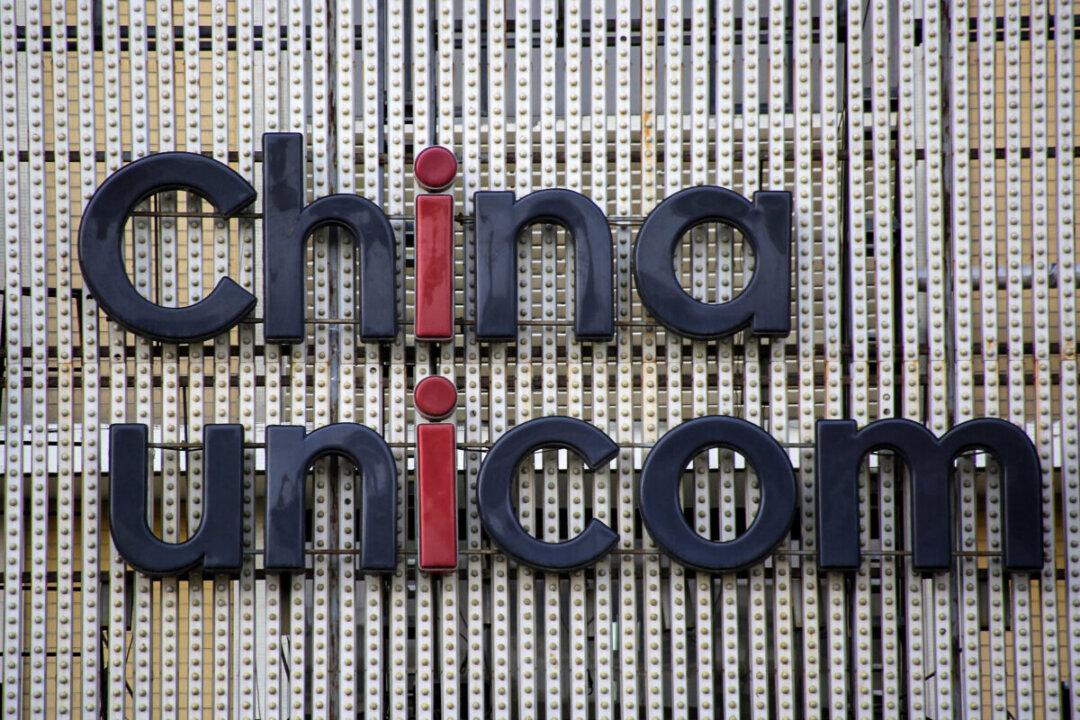The Federal Communications Commission (FCC) has voted to block state-owned China Unicom from the U.S. market, adding to a growing list of Chinese telecommunication carriers ejected from operating on U.S. soil over national security concerns.
The body’s 4–0 vote on Jan. 27 means that all three of China’s leading wireless carriers are now barred, following the FCC’s action in 2021 to ban China Telecom Americas and its refusal to let China Mobile access the U.S. market two years earlier.





